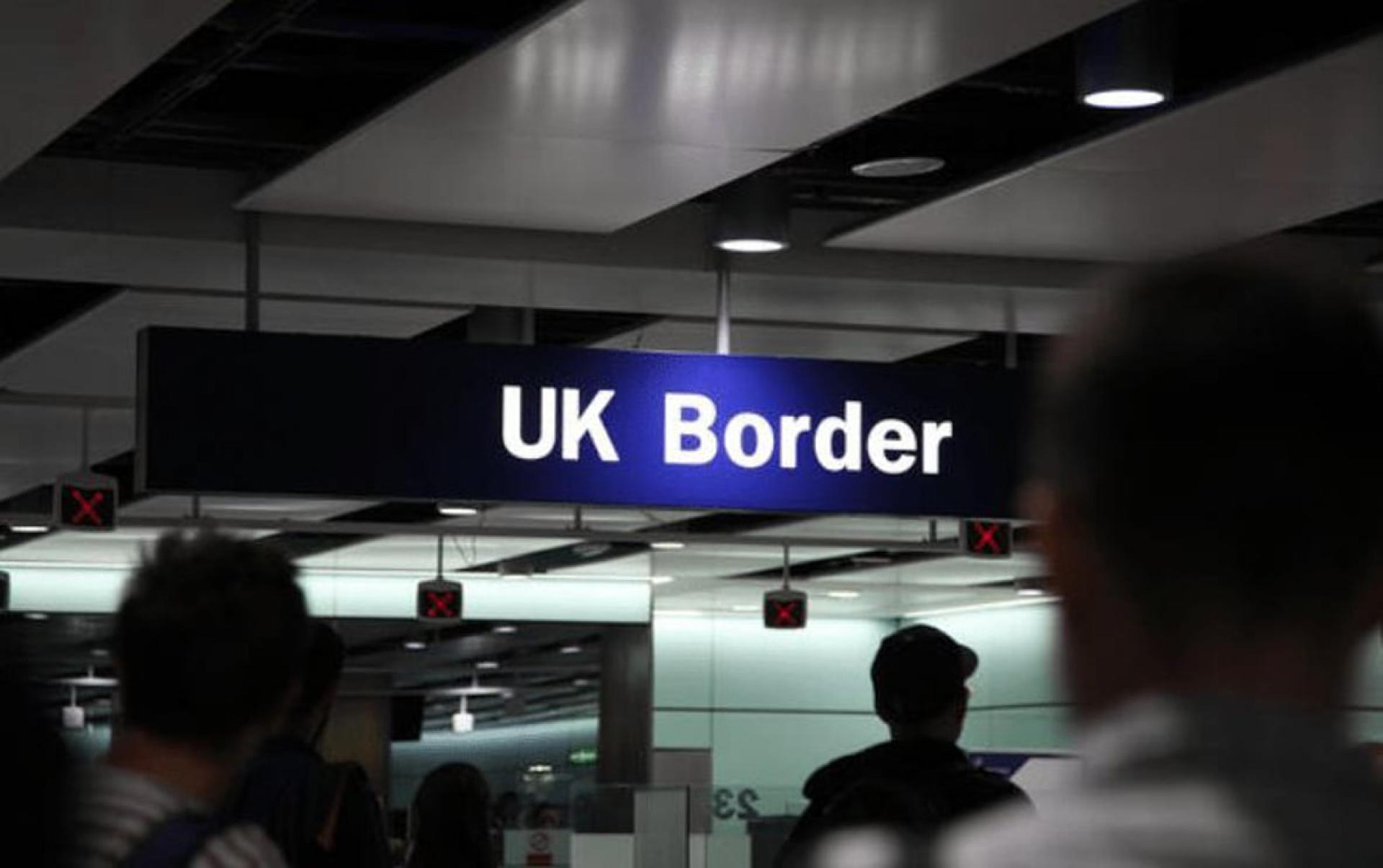The UK will tighten immigration English language requirements starting from January 8, 2026. Applicants for certain categories of visas will be required to reach B2 level English, equivalent to A-Level, covering speaking, listening, reading, and writing. This new regulation will first apply to three immigration pathways: the “Skilled Worker Visa,” “High Potential Individual Visa,” and “Scale-up Worker Visa.” In other words, the new policy does not currently affect Hong Kongers immigrating to the UK under the BNO scheme, though it may have an impact in the future.
British media FINANCIAL TIMES, citing a statement submitted by the Home Office to the House of Commons, reported that official data shows, by the end of June 2025, over 40,000 people will have been approved to work in the UK under these three visa routes. The reform aims to raise applicants' language proficiency, helping them better integrate into British society, and is also expected to reduce around 6,000 immigration applications per year.
Currently, the language requirement for the relevant visas is B1 level, meaning applicants have basic English skills. The new measure raises this to B2 level, requiring applicants to have the ability to live, work, and study independently in an English-speaking country.
In addition to tightening language requirements, the UK government is also introducing favorable policies for high-skilled graduates, including doubling the number of universities eligible for the High Potential Individual Visa and streamlining the process for students to switch to innovation and entrepreneurship visas. The annual quota for the High Potential Individual Visa is 8,000, and the number of applicants up to June 2025 is 1,850.
Additionally, the statement mentioned the government will also double the required residence period for permanent residency applications, from the current 5 years to 10 years. This reflects the UK's increasingly strict immigration policies in response to societal concerns over illegal immigration, especially the “small boats crisis.” However, the report did not specify whether the BNO visa for Hong Kongers is included.
According to the Home Office, this reform aims to ensure that immigrants wishing to stay in the UK long-term possess a fundamental language foundation for genuine societal integration. However, Dr. Sampson, head of Oxford University’s Migration Observatory, pointed out that this move may make it harder for some employers to recruit skilled and manual workers, as these jobs have traditionally required lower English proficiency. The reform will have a greater impact on these mid-level skilled positions.
